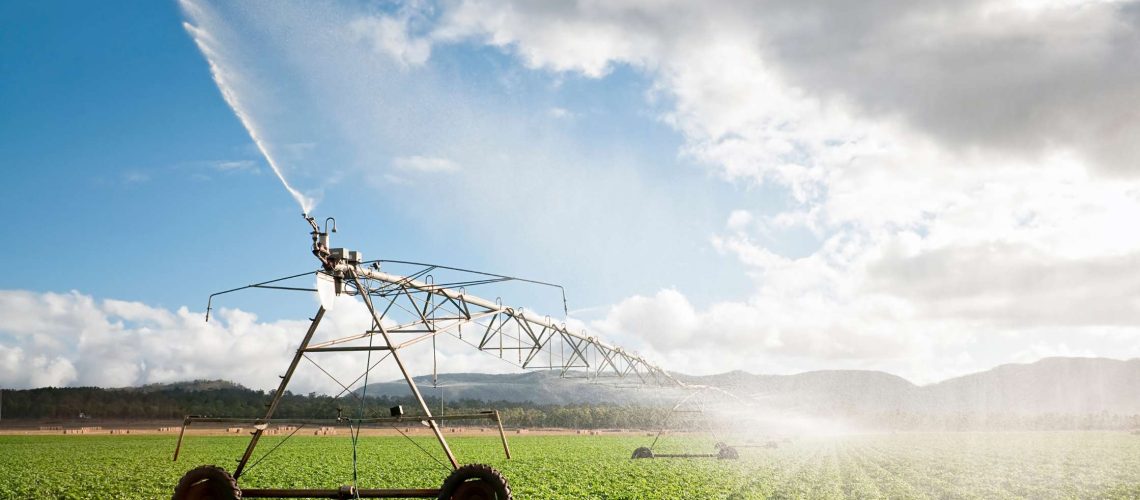Modern technology has certainly improved agriculture. You might be intrigued by how precision farming, AI-driven analytics, and smart irrigation systems are changing the landscape. These innovations boost productivity and promote sustainability, which is crucial given today’s environmental concerns.
But what about the challenges that come with adopting such technologies? Are farmers fully equipped to embrace these advancements? There’s a complex balance between innovation and tradition that needs exploring, and it might just change your perspective on agriculture’s future.
Impact of Technology on Agriculture
Technology’s impact on agriculture is transformative. It boosts productivity and resilience by providing farmers with real-time data and advanced tools to tackle challenges like climate change.
You can adopt sustainable practices that optimize resource use and reduce environmental impact.
Precision farming allows you to apply inputs like water and fertilizers more efficiently, thanks to data analytics that offer insights into soil conditions and crop needs.
Faced with unpredictable weather patterns, climate adaptation becomes essential, and technology equips you with strategies to mitigate these effects.
Farmer education is crucial in this digital age, ensuring you understand and utilize these tools effectively.
Benefits of Technological Integration
By embracing modern tools, you gain significant advantages like increased efficiency and productivity in your farming practices.
Precision farming, powered by data analytics, allows you to make informed decisions, optimizing every aspect of your operations. You can monitor crops closely, using sensors and real-time data to tailor interventions for better yield and quality. This approach boosts output and supports sustainable practices, ensuring responsible resource use and environmental care.
Farmer education is pivotal in this technological integration, equipping you with the skills to harness these innovations effectively. With access to the latest knowledge, you can confidently adapt to new technologies, enhancing your farm’s resilience and profitability.
Integrating technology transforms your farming into a smarter, more sustainable venture.
Challenges in Technology Adoption
Facing significant barriers, you might struggle with the high costs and maintenance of modern agricultural machinery, which can limit its adoption. Barrier awareness is crucial to overcoming these challenges. Here’s how you can tackle the issues:
1. Cost Concerns: High initial expenses can deter you from investing in technology. Seek policy support to ease this burden.
2. Training Programs: Lack of knowledge about technology usage can be a hurdle. Engage in training programs to enhance your understanding and skills.
3. Farmer Engagement: Active participation in community initiatives boosts technology adoption. Collaborate with others to share experiences and resources.
Mechanization and Future Prospects
Embracing mechanization can significantly boost your farming efficiency and reduce labor costs. By integrating advanced machinery, you can reap mechanization benefits such as increased productivity and speed in your operations.
Precision farming technologies, like GPS-guided equipment, ensure optimal resource use, enhancing crop yields. Robotics integration offers a futuristic approach, automating tasks like planting and harvesting, which reduces the need for manual labor and minimizes errors.
Focus on sustainable practices that align with environmental conservation to fully benefit from these advancements. Investing in farmer training is crucial, as it equips you with the knowledge to use new technologies effectively.
As you adopt these innovations, you’ll position yourself to sustainably meet the growing demand for food sustainably, ensuring a prosperous future in agriculture.
Future Technological Advancements
Looking ahead, you can expect future technological advancements to revolutionize agriculture with innovations like AI-driven analytics and autonomous machinery, further enhancing efficiency and sustainability.
Precision farming will become more refined as data analytics and AI algorithms analyze soil conditions and crop health to ensure optimal growth. Smart irrigation systems will conserve water by delivering just the right amount needed for crops, minimizing waste, and maximizing yield.
Drone applications will transform monitoring and maintenance tasks, providing aerial insights into field conditions and enabling quick responses to issues.
These advancements will lead to:
1. Increased Productivity: More efficient farming methods ensure higher yields.
2. Sustainability: Reduced resource consumption supports long-term viability.
3. Informed Decision-Making: Data-driven insights empower smarter choices.
Embrace these changes, and you’ll see agriculture’s potential fully realized.
Enhance Your Agricultural Efficiency with Mudhouse Supplies
At Mudhouse Supplies, we recognize the transformative power of modern technology in agriculture, especially when it comes to enhancing irrigation systems.
With our extensive range of products and expert guidance, we’re committed to helping farmers embrace these innovations to enhance efficiency and sustainability.
Integrating advanced irrigation systems enables farmers to make precise decisions that conserve water and boost yields.
Our solutions are designed as long-term investments that secure a resilient future for your farm against environmental challenges.
Choose Mudhouse Supplies as your trusted partner, and unlock the key to exceptional agricultural success.

